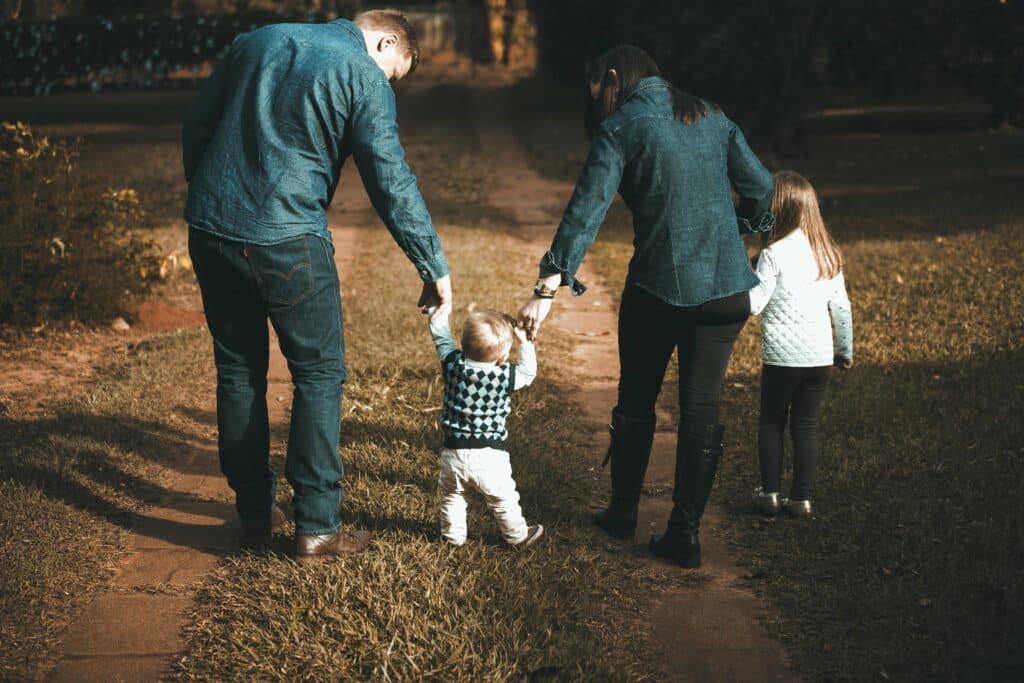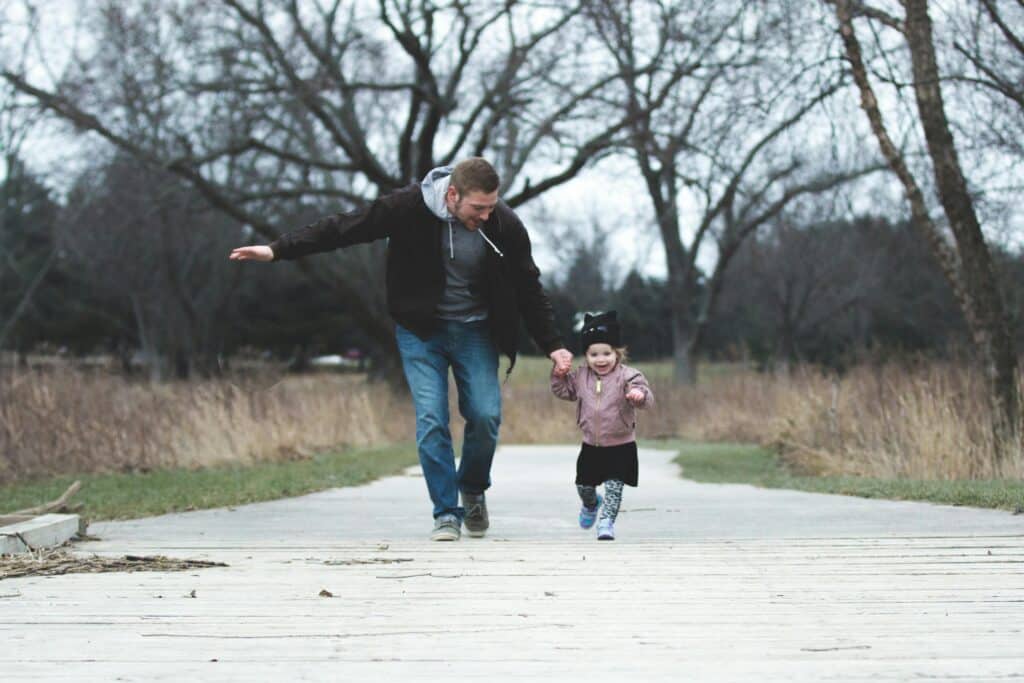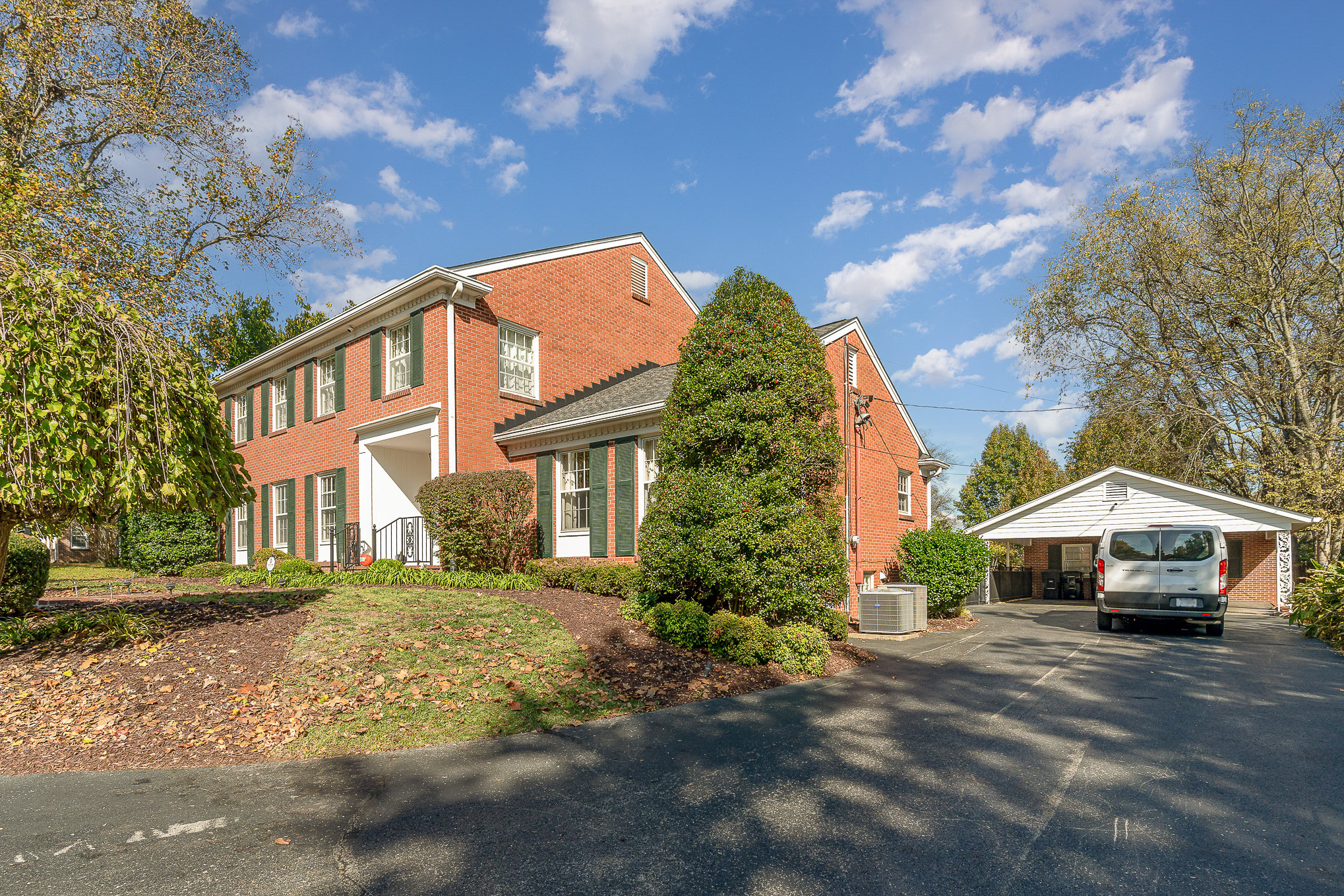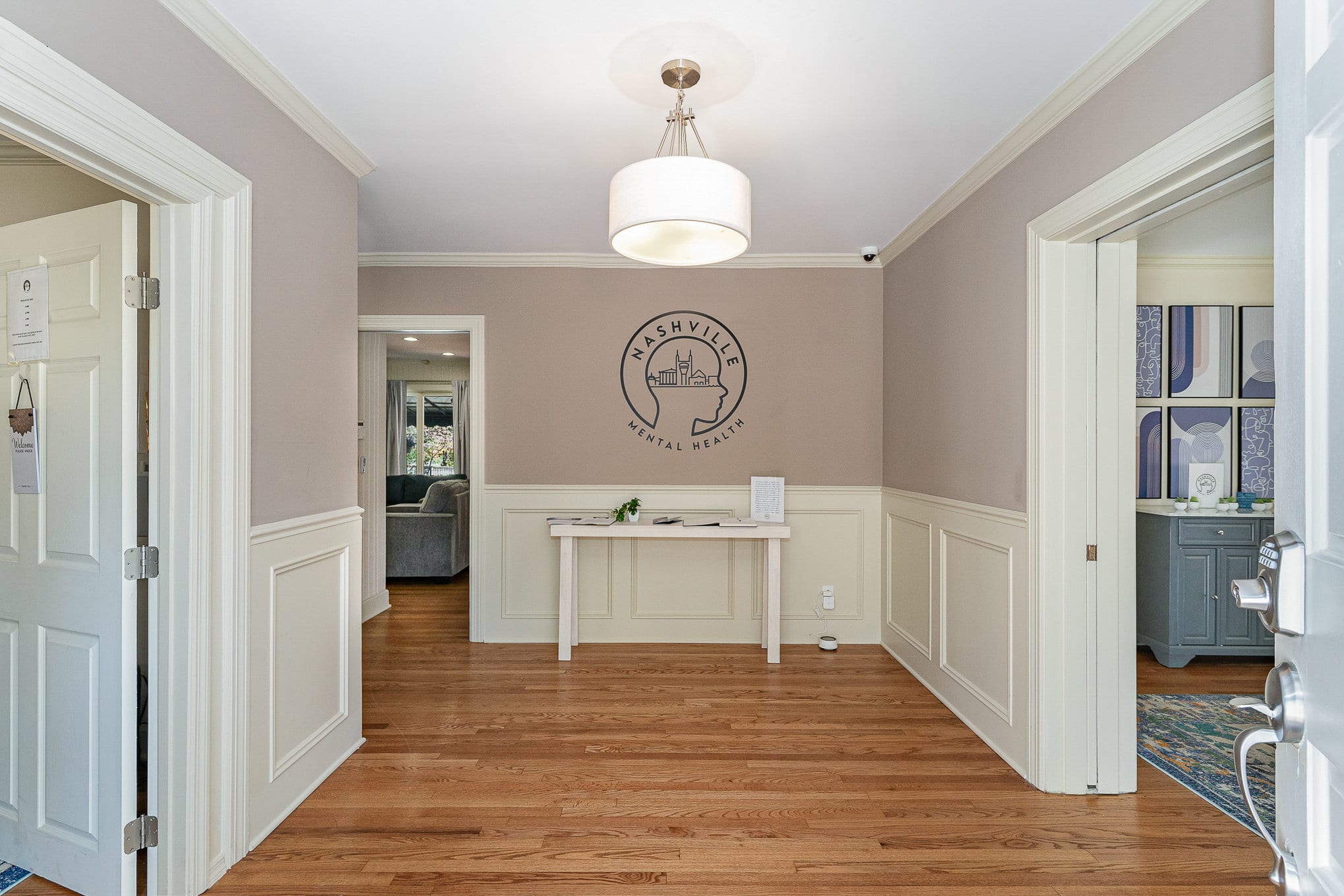Parenting Support: Helping Families Grow Stronger Together
Being a parent is one of the most important jobs in the world. It’s full of love, learning, and growing—both for children and parents. But let’s be honest—sometimes parenting is hard. That’s why parenting support is so important.
In this article, we’ll talk about how to find help, build parenting skills, and get through the tough times with the support of others. Whether you’re a new parent, raising children from birth through age 18, or helping as a grandparent or caregiver, there are many community resources ready to walk with you on your parenting journey.

Nashville Mental Health
What Is Parenting Support?
Parenting support means getting help and guidance with raising kids. This support can come in many forms, like:
- Attending parenting classes
- Joining parenting education programs
- Talking to a counselor or mental health provider
- Getting tips from child development specialists
- Meeting with other parents at a Parent Café or community-based organization
These tools help create a safe space where parents and caregivers can ask questions, learn more, and build positive parenting skills.
Why Parenting Support Matters
Being a parent doesn’t come with a manual. Every child is different, and every parenting style is too. Some children face childhood disabilities or challenging behaviors, while others may have faced adversity in childhood or are in foster care. No matter the situation, support can make things easier.
Parenting support helps:
- Build confidence
- Learn new parenting tools
- Understand child development and acceptable behaviors
- Create better routines
- Strengthen the child relationship
- Find ways to spend quality time
For families with children of all ages, support means a better, healthier family life.

Parenting Education Programs
Many community partners offer classes and workshops to help you learn about parenting. These programs often include:
- 5-11 Age Range Parenting Classes
- 12-18 Age Range Parenting Classes
- 0-4 Age Range Parenting Classes
- -4 Age Range Parenting Classes (For expectant or new parents)
- African American Culturally-Focused Parenting Classes
- Referrals for Fathers
- Volunteer facilitators and awesome facilitators
- 10-week Parent Empowerment Program
- 12-13 sessions or 13-16 sessions
These classes are designed to give caregivers with tools for everyday parenting. You can learn about:
- Healthy development and physical development
- Talking to your child in a way they understand
- How to handle challenging times
- The value of basic health care
- Managing mental health conditions as a parent
You can find programs offered through nonprofit organizations, City Department of Health, Department of Family Services, and more.
Looking for a local program in Tennessee? Check out this family group therapy option in Nashville to help you connect with others and grow stronger as a family.
Support for Special Needs and Diverse Families
Some families need extra help. For example, adoptive families, families with childhood disability, or those caring for children with intellectual disabilities. Parenting education helps make sure all children and parents get the support they need.
Programs can also help:
- Fathers, including ex-offenders, build better relationships with their children
- Parents during social distancing or challenging times
- Pregnant people or new parents get a healthy birth and care throughout childhood
- Parents learn about special needs trusts through organizations like Hiring – Trust Attorney
No matter what your family looks like, parenting support helps build an atmosphere of trust and safety.
Stronger Families Through Connection
One powerful program many areas offer is Stronger Families. This program brings together client families and provides:
- Tools for healthy relationships
- Advice from child protection specialists
- Help from child development specialists
- Information on child care, child visitation, and child welfare services
- Support during Child Abuse Prevention Month
Strong families are built with love, support, and a combination of trust and time. When parents are supported, kids do better.
Parenting Help from Birth to Teen Years
Your parenting needs change as your child grows. From children from birth to the 12-18 age range, each stage brings something new.
Here are some ideas based on age:
0–4 Years Old:
- Focus on healthy development
- Learn through child screenings
- Use clothing for children that’s safe and comfy
- Connect with childhood specialists
- Build routines and trust
5–11 Years Old:
- Talk about feelings and rules
- Set clear acceptable behaviors
- Make time for quality time
- Support school readiness
Nashville Mental Health
12–18 Years Old:
- Respect their growing independence
- Talk openly about mental health
- Learn about mental illness signs
- Set healthy boundaries
Community Resources That Make a Difference
Many families get help from local and national organizations. Look for:
- Community partner groups
- Contact Parenting Education services
- Parenting curriculum taught by trained educators like CLUES parenting educators
- Help from DC Health, Health Association, or your local Mental Health Hotline
- Supplies from Baby2Baby supplies families
- Colleges like Hostos Community College, Kingsborough Community College, and LaGuardia Community College that support family programs
A strong community is one where no one feels alone.
Helpful Tips for Parenting Support
Here are a few simple things you can do today:
- Reach out: Ask about classes or groups in your area
- Connect: Join online or in-person support groups
- Share: Learn from the collective wisdom of other parents
- Use tools: Practice what you learn with your child
- Keep going: Support takes time—be patient with yourself
Parenting takes love, time, and effort. But you don’t have to do it all alone. The right help makes a big difference.

Frequently Asked Questions (FAQs)
1. What is the purpose of parenting classes?
Parenting classes teach simple tools and positive parenting skills to help parents raise happy, healthy kids. Classes also offer a chance to meet other families and share experiences.
2. Who can benefit from parenting support?
Anyone raising kids—parents, caregivers of children, foster families, and adoptive families—can benefit. Whether your child is a baby or a teen, support is helpful at every stage.
3. Are there programs for fathers and ex-offenders?
Yes. Many communities offer Referrals for Fathers, volunteer facilitators, and even programs for ex-offenders to help reconnect with their kids.
4. What if my child has a disability or special needs?
There are parenting programs for families with intellectual disabilities, childhood disabilities, or special health needs. These offer tools and resources to meet your child’s needs.
5. How can I find parenting support near me?
Look for help from local community-based organizations, family services, your City Department of Health, or programs like Stronger Families. You can also check out family therapy options in Nashville for support or visit SAMHSA for more information.
Nashville Mental Health
You Are Not Alone
Parenting is full of joy—and it can be full of challenges, too. With the right support, every parent can grow and every child can thrive. Whether it’s a parenting class, a support group, or talking with a child development specialist, there is help out there.
Together, with space for parents, a strong community, and the collective wisdom of others, we can raise the next generation to be strong, happy, and healthy.
Let’s build Stronger Families—one act of parenting at a time.









